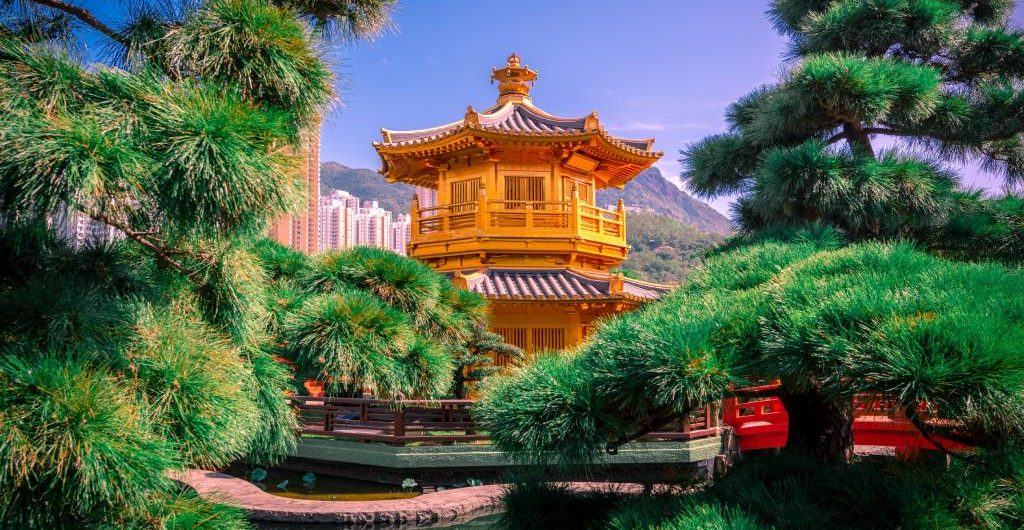
Hong Kong, officially known as the Hong Kong Special Administrative Region (SAR) of the People’s Republic of China, is a vibrant and bustling city located on the southern coast of China. This unique territory has a rich history, a dynamic economy, and a diverse culture that make it a fascinating destination for travelers and a global economic powerhouse.
Geography
Hong Kong is strategically situated at the mouth of the Pearl River Delta, with a land area of approximately 1,104 square kilometers. It is composed of Hong Kong Island, the Kowloon Peninsula, the New Territories, and numerous smaller islands. The region’s topography varies from towering skyscrapers in urban areas to lush green mountains and serene beaches in the countryside. Hong Kong experiences a subtropical climate characterized by hot and humid summers and mild winters.
History
Hong Kong’s history is a tapestry of Chinese heritage, British colonialism, and the modern era under Chinese sovereignty. It was a fishing village before becoming a British colony in the 19th century. In 1997, Hong Kong was handed back to China under the “One Country, Two Systems” framework, which grants it a high degree of autonomy and preserves its legal and economic systems.
Government and Politics
As a Special Administrative Region, Hong Kong has its own government, led by a Chief Executive, and a separate legal system. The Legislative Council oversees local governance, and the Basic Law serves as the mini-constitution. However, political tensions between Hong Kong and mainland China have been a recurring issue, leading to protests and debates about the preservation of the “One Country, Two Systems” principle.
Economy
Hong Kong is renowned as a global financial center and business hub. Its economy is driven by finance, trade, logistics, and professional services. The Hong Kong Dollar is the official currency, and its stock exchange is one of the world’s largest. The city’s openness to international trade and investment has been a catalyst for economic growth.
Culture
The culture of Hong Kong is a fusion of East and West. Cantonese is the predominant language, but English is widely spoken, especially in business and government. The local cuisine is famous for its dim sum, seafood, and street food. A rich tapestry of traditions, festivals, and arts showcases the city’s diverse heritage.
Tourism
Hong Kong is a popular tourist destination, with attractions like Victoria Peak, Victoria Harbour, Disneyland, and bustling street markets. It offers world-class shopping, dining, and entertainment options. An efficient public transportation system makes it easy for visitors to explore the city’s many facets.
Challenges and Issues
Despite its prosperity, Hong Kong faces several challenges, including political tensions, a housing crisis, environmental concerns related to pollution and land reclamation, and social issues stemming from income inequality and an aging population.
Future Outlook
The future of Hong Kong remains dynamic, with a focus on economic development, political stability, and cultural preservation. It continues to play a vital role in the global economy while navigating the complexities of its unique status within China.